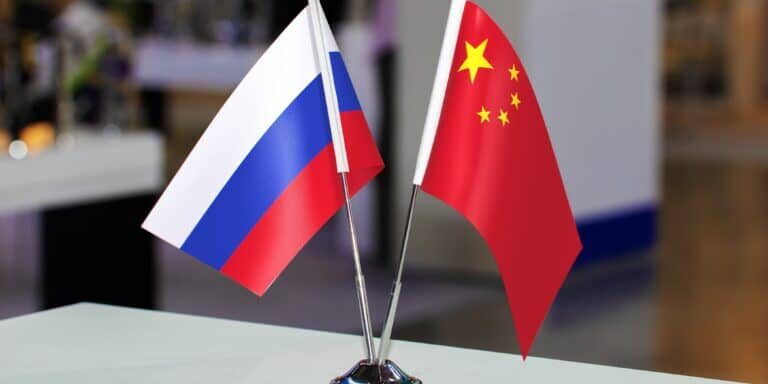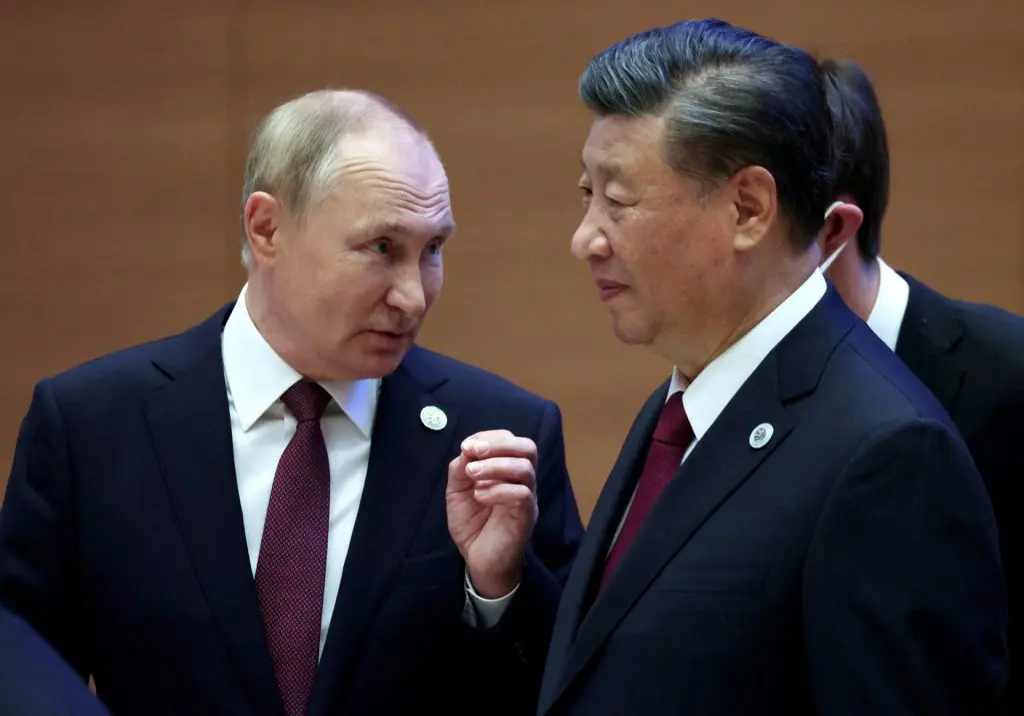
BRICS Tensions: China Turns Its Back on Russia’s Ruble
BRICS member China has begun rejecting about 80% of all payments made in the Russian ruble, reported media outlet Kommersant. Chinese banks have now started to delay accepting Russian rubles for several weeks before ultimately rejecting them. The Russian state-run media outlet confirmed the development citing various sources and officials on the condition of anonymity.
The rejection comes on the heels of several successful trade deals between China and Russia since 2021. The trade between the two BRICS members soared 121% in three years making the Chinese yuan and Russian ruble the center of all transactions.
BRICS: No Entry For the Russian Ruble in Chinese Banks

Chinese banks are rejecting the Russian ruble as the US unveiled a new wave of sanctions. The US sanctions target several Russian financial institutions, including leading businesses, multinational corporations, and high-net-worth individuals. These were at the forefront of pushing the ruble to help Russia circumvent the sanctions. The new US sanctions have put a wedge between BRICS countries China and Russia making it harder to initiate business in the ruble.
According to sources, Chinese banks on purpose delayed accepting payments in the Russian ruble. The banks held the payments for weeks, either making the sender roll back the payments or ultimately rejecting them. Sources say that the banks provided no reason for the rejection making the Russian ruble gain no entry into the country. The rejection comes at a time when BRICS members are looking to trade in the ruble and yuan. “This is not very good news for the Russian market,” a source told Kommersant.
“There will be additional costs, both in terms of time and cost of payment processing,” said the source. Therefore, BRICS member Russia will have to bear the cost of payment processing even after the ruble rejection. The payment rejection will soon go beyond the banking sector, said a source. It will “go beyond the banking sector, resulting in the state having less and less control over it, creating rising risks of fraud.”
This article originally appeared Watcher Guru.











